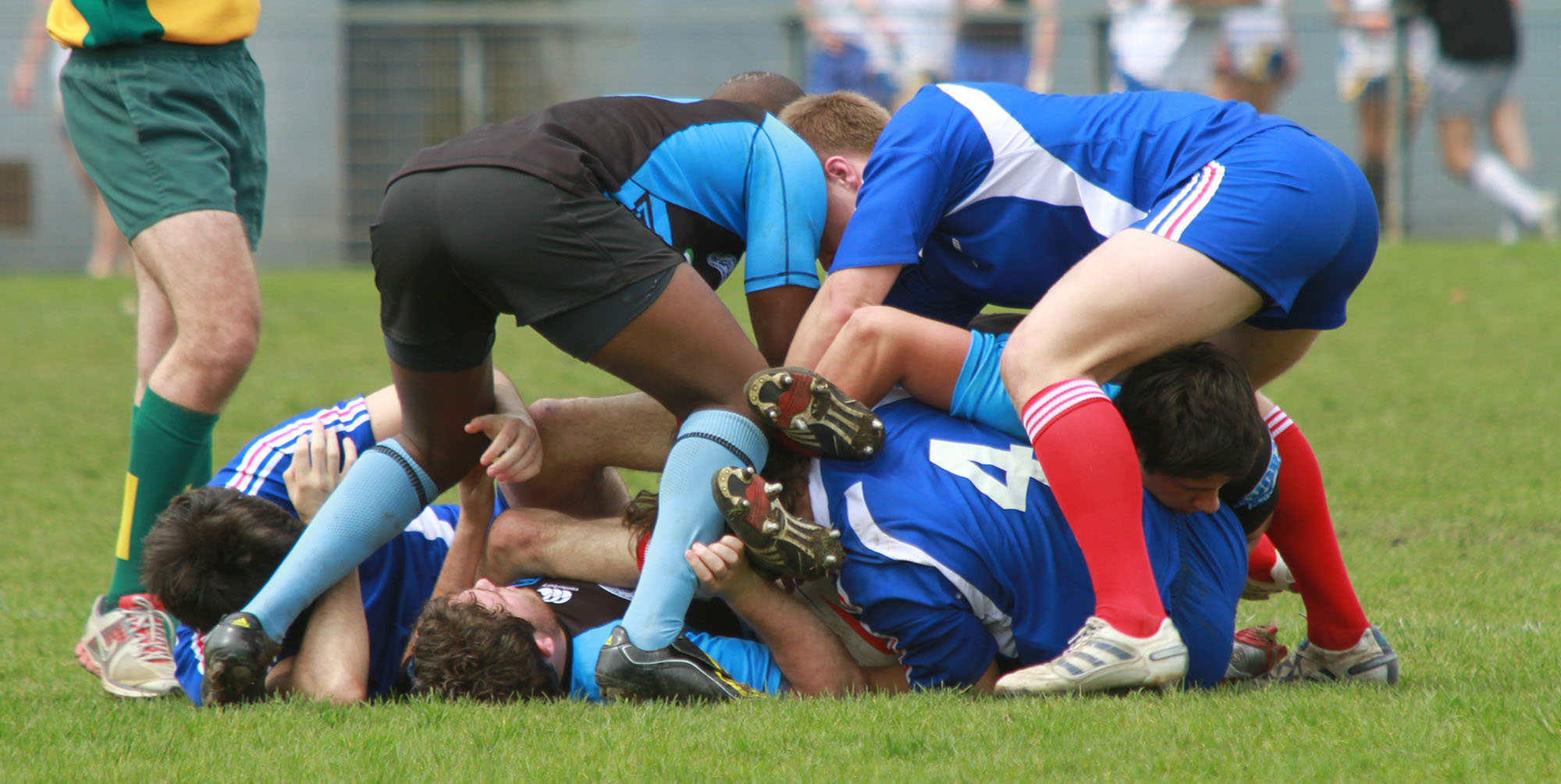Mother calls for improved rugby safety following son’s brain damage
Posted: 25th September 2015
Posted in: Head and Brain Injuries Medical Negligence Sporting Injuries
Passionate rugby player David Griffiths was only 16-years-old when he suffered permanent brain damage during a rugby match. The incident left him with severe memory, behavioural and concentration issues, to the extent that he required around-the-clock care. 13 years after the accident, devastated mother Mandy Griffiths has had her voice heard as she fights to see better safety precautions put in place at youth-level rugby.
The incident happened when Mr Griffiths had been playing scrum-half for Pill Harriers RFC. He took a knock to the head, but continued to play. Later that day, he started to experience severe headaches, so was taken to the Royal Gwent Hospital. After being discharged, he returned to A&E only two days later with severe sickness.
All children must wear scrum caps
A number of scans showed that Mr Griffiths had suffered frontal lobe damage caused by a brain haemorrhage that he sustained on the rugby field. He was immediately transferred to the University Hospital of Wales in Cardiff in an attempt to stop the bleeding – yet they failed to catch it quickly enough to prevent damage. Mrs Griffiths blamed the Royal Gwent Hospital for the extent of her son’s brain damage, and they awarded the family compensation five years ago.
Now, however, in the midst of the Rugby World Cup, Mrs Griffiths has spoken up about the sport’s safety regulations, arguing that scrum caps must be worn by all children playing the sport. She also said that head injuries related to the sport must be dealt with more seriously to avoid treatment delays.
Earlier this year, Mr Griffiths completed a 13-mile trek through the Brecon Beacons to raise money for the brain injury charity, Headway.
If you have suffered a sports-related injury, and are looking to claim compensation, please contact us.
« Will You Be Able to Pay Your Mortgage or Bills After a Personal Injury or Accident?
Care home patients ‘at risk’ of malnutrition and dehydration »

